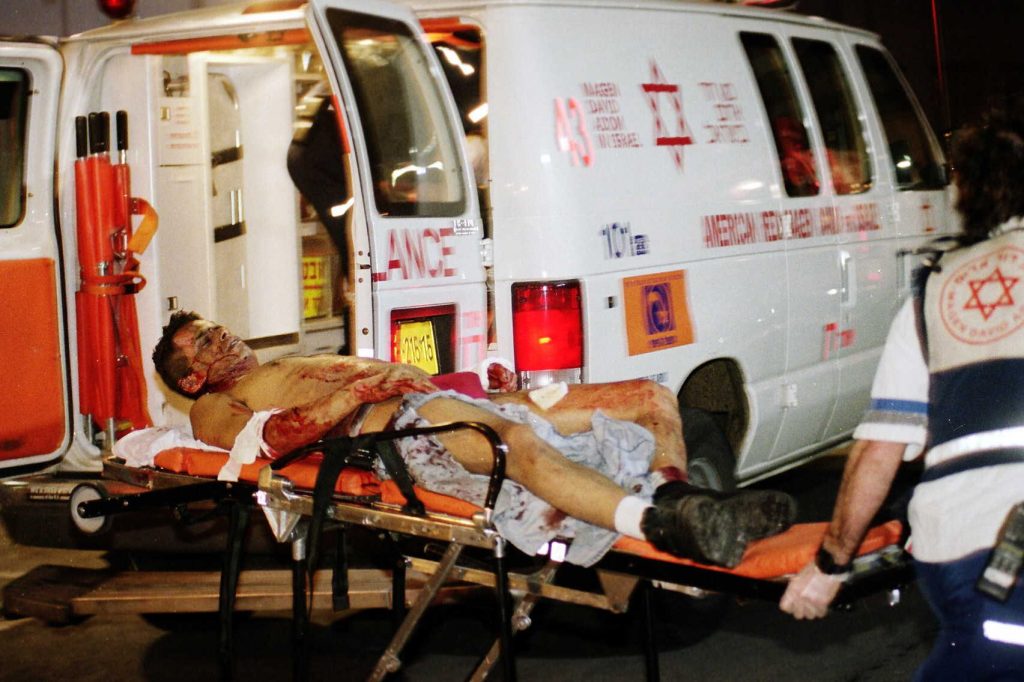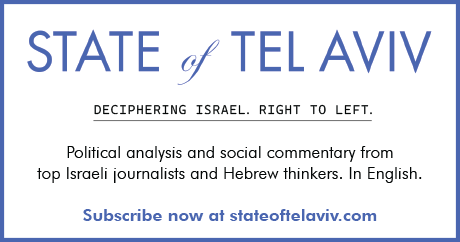Australia/Israel Review
Essay: Storm damage
Aug 4, 2022 | Shany Mor

For most Jews, Passover means a festive meal, a Seder (or two) with family and close friends, eating matzah and retelling the story of the Exodus of the Israelites from Egyptian slavery into freedom.
For many Israeli Jews, however, reflections on the holiday this year turned to memories considerably more recent, and less hopeful.
It was 20 years ago, on the first night of Passover 2002, that the most infamous suicide bombing in Israel took place. That night, and the weeks that followed, marked a dramatic turning point in the conflict between Israelis and Palestinians. The reverberations of that time still dictate the contours of the conflict today.
This is not just a question of psychology, though it is that too. The dramatic events of those weeks left lessons to be learned for both sides, and as with all such dramas, some lessons have been overlearned. Beyond that, however, there was an irreversible change in the positions of the sides. Options for a political settlement that might still have existed before Passover 2002 permanently disappeared into a new reality. And rather different options that were not considered beforehand, both for a negotiated settlement and a modus vivendi in the absence of diplomacy, suddenly became conceivable.
 This year, too, the Passover holiday coincided with yet another of the periodic escalations of violence between Israelis and Palestinians. The attacks themselves, as well as the whole vocabulary of the conflict, show just how deep the scars of Passover 2002 are.
This year, too, the Passover holiday coincided with yet another of the periodic escalations of violence between Israelis and Palestinians. The attacks themselves, as well as the whole vocabulary of the conflict, show just how deep the scars of Passover 2002 are.
The rest of this article is available at State of Tel Aviv.
Dr. Shany Mor is an Adjunct Fellow at the Foundation for Defense of Democracies, a Fellow at the Institute for Liberty & Responsibility at Reichman University and a former Director for Foreign Policy on Israel’s National Security Council. This article is republished from State of Tel Aviv, a new online publication devoted to going “behind the headlines to bring the reader in-depth reporting and analysis from Israel-based writers and influencers, representing viewpoints across the political spectrum.” © State of Tel Aviv (stateoftelaviv.com), reprinted by permission, all rights reserved.
Tags: Israel, Palestinians, Terrorism






